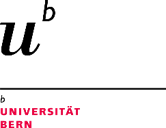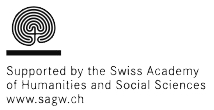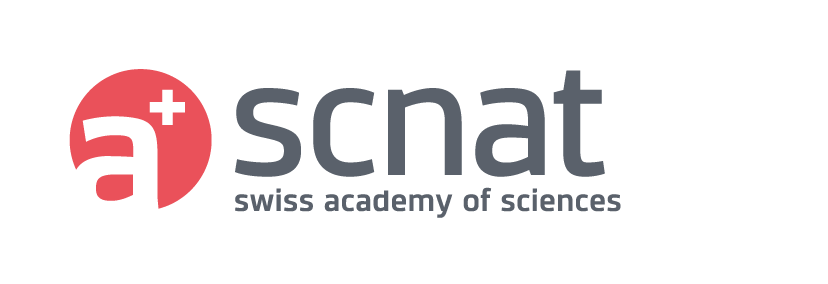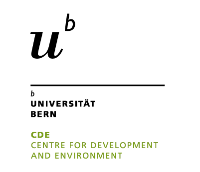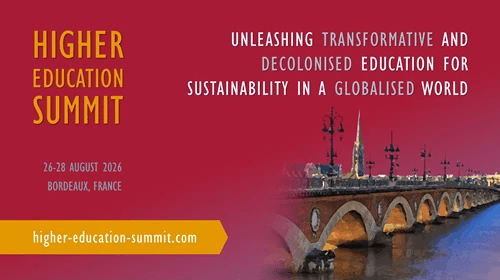
KEYNOTES
Thought provokers on video and in real-time

FACILITATORS
Keynote discussion 1, 2, 3: Anne Zimmermann; University of Bern, CDE, Switzerland
Live Keynote: Michael Stauffacher; ETH Zurich, TdLab, Switzerland
Keynote discussion 4, 5: Claudia Schmitt; University of Hamburg, Germany

KEYNOTE
DAY 1, 09.30 - 10.30 CEST, KEYNOTE DISCUSSION
Rietje van Dam-Mieras
Prof. Dr. Rietje van Dam-Mieras is professor emerita of Sustainable Development and Educational Innovation at Leiden University and has been holder of the UNESCO chair ‘Knowledge transfer for sustainable development using ICT’ at the Open University of the Netherlands. She graduated as a biochemist at Utrecht University and subsequently worked at Maastricht University and the Open University of the Netherlands where she was nominated professor of Natural Sciences, especially Biochemistry and Biotechnology. She presently is a member of the board of TKI-BioBased Economy of the Ministry of Economics and Climate (TKI stands for Consortium for Knowledge and Innovation) and of numerous advisory boards and supervising committees.

KEYNOTE
DAY 1, 09.30 - 10.30 CEST, KEYNOTE DISCUSSION
Dzulkifli Abdul Razak
Prof. Dzulkifli Abdul Razak is currently the Rector of the International Islamic University Malaysia. He was the Vice Chancellor of USM from 2000-2011. He is the immediate past president of the International Association of Universities (IAU). He was the Convenor of the Regional Centre for Expertise on Education for Sustainable Development based in USM beginning 2005. Dzul was awarded the prestigious 2017 Gilbert Medal by Universitas 21 in recognition of “his long term commitment to a sustainable approach to international higher education." He is a Fellow of the Academy of Sciences Malaysia (FASc), the World Academy of Art and Science (FWAAS) and the World Academy of Islamic Management (FWAIM).
He is an Honorary Professor at the University of Nottingham since 2014, and more recently appointed Senior Advisor at Asia-Europe Institute (AEI), UM. He is also the Co-Chair of Right Livelihood College Steering Committee based at University of Bonn, and an Advisory Board Member, Institute of Sustainable Development and Learning in Leuphana, Germany. He was an invited speaker at The 2015 Nobel Dialogue.
For almost 25 years he writes weekly Op-Ed columns for various Malaysia news media like The New Straits Times, The Edge and The Sun.

KEYNOTE
DAY 1, 09.30 - 10.30 CEST, KEYNOTE DISCUSSION
Christoph Grolimund
Dr. Christoph Grolimund is the director of the Swiss Agency of Accreditation and Quality Assurance (AAQ) and president of the European Association for Quality Assurance in Higher Education (ENQA). He was educated in English and German philology and received a PhD in German linguistics at the University of Basel. After a period of teaching and research at the University of Basel, he held different positions in the office of the ETH Board. In 2010 he was appointed director of AAQ. In 2012 he was elected member of the ENQA Board and has been serving as its president since 2017.

LIVE KEYNOTE
DAY 2, 17.15 - 18.30 CEST, LIVE KEYNOTE
"From Separation to Relation: Transforming Higher Education in the Great Epochal Shift"
Elizabeth Lange
Elizabeth Ann Lange PhD is currently Honorary and Adjunct Fellow for the Institute for Sustainable Futures, University of Technology Sydney, Australia. She has served as Associate Professor in three Canadian universities: St. Francis Xavier University; University of Alberta; and Concordia University of Edmonton. As a specialist in adult and lifelong education, she brings over 40 years of experience as a formal educator with a primary focus on transformative sustainability education. Her research addresses transformation, sustainability, social change, and transcultural learning found in over 40 refereed articles and peer reviewed book chapters. The Purposes of Adult Education co-written with Bruce Spencer, is used as a graduate level textbook in Canada (Thompson Educational Publishing, 2014). She serves extensively in the wider community through public speaking, workshops, and facilitation. She founded the Fireweed Institute, soon to be a virtual network, promoting transformative sustainability education.

KEYNOTE
DAY 3, 09.30 - 10.30 CEST, KEYNOTE DISCUSSION
Mandy Singer-Brodowski
Dr. Mandy Singer-Brodowski studied educational science at the University of Erfurt and was a founding member of the nationwide network for student initiatives in sustainability in Germany (netzwerk n). She has worked at the Wuppertal Institute for Climate, Environment and Energy from 2012 until 2015. In 2015 she completed her PhD-project about competencies for sustainable development and self-organized learning at the Leuphana University of Lüneburg. In 2016, she was appointed as the scientific coordinator of the Center for Transformation Research and Sustainability at the University of Wuppertal. Currently, she works as a project coordinator of the ‘Monitoring of Education for Sustainable Development’. Her main research interests are the development of student competency in sustainability projects, transformative science and transformative learning.

KEYNOTE
DAY 3, 09.30 - 10.30 CEST, KEYNOTE DISCUSSION
Arjen Wals
Arjen Wals is a Professor of Transformative Learning for Socio-Ecological Sustainability at Wageningen University in The Netherlands. He also holds the UNESCO Chair of Social Learning and Sustainable Development. His recent work focusses on transformative social learning in vital coalitions of multiple stakeholders at the interface of science and society. His teaching and research focus on designing learning processes and learning spaces that enable people to contribute meaningfully to sustainability. A central question in his work is: how to create conditions that support (new) forms of learning which take full advantage of the diversity, creativity and resourcefulness that is all around us, but so far remains largely untapped in our search for a world that is more sustainable than the one currently in prospect?










